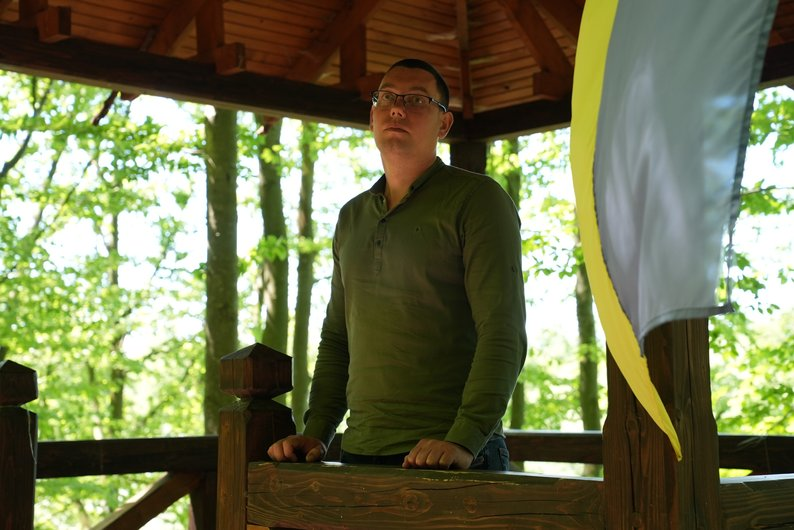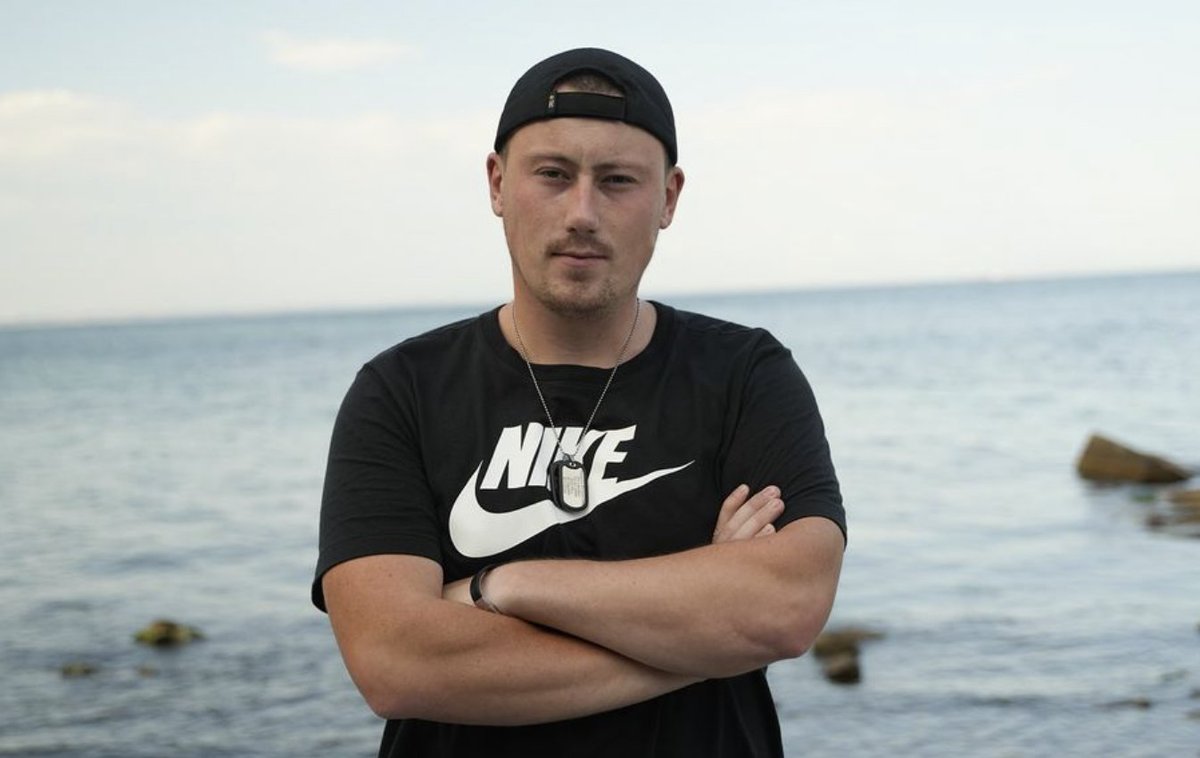Thread: What We Know About the NABU Scandal.
Ukrainian Parliament passed Bill №12414 (263-13) on July 22, 2025, threatening NABU & SAPO's independence. The bill is sparking protests.
Ukrainian Parliament passed Bill №12414 (263-13) on July 22, 2025, threatening NABU & SAPO's independence. The bill is sparking protests.

1. Establishment of NABU
The National Anti-Corruption Bureau of Ukraine (NABU) was established on October 14, 2014, following the adoption of the Law “On the National Anti-Corruption Bureau of Ukraine” by the Verkhovna Rada.
This was driven by demands from the International Monetary Fund (IMF) and the European Commission to combat high-level corruption, a key condition for Ukraine’s EU visa liberalization and financial support.
NABU began operations in 2015, designed as an independent body to investigate and expose corruption among senior officials.
The National Anti-Corruption Bureau of Ukraine (NABU) was established on October 14, 2014, following the adoption of the Law “On the National Anti-Corruption Bureau of Ukraine” by the Verkhovna Rada.
This was driven by demands from the International Monetary Fund (IMF) and the European Commission to combat high-level corruption, a key condition for Ukraine’s EU visa liberalization and financial support.
NABU began operations in 2015, designed as an independent body to investigate and expose corruption among senior officials.

2. Achievements Overview
NABU has a strong track record in uncovering corruption:
2017: Investigated Oleg Bakhmatyuk over a loan scandal and targeted Petro Poroshenko’s associates in defense sector thefts.
2022: Exposed a EUR 22 million bribery attempt involving a former lawmaker and Dnipro’s mayor, with 187 individuals charged.
2023: Uncovered corruption involving 21 senior officials, 39 state enterprise heads, 16 judges, and 11 MPs, with an economic impact of UAH 4.7 billion (~USD 125 million).
2024: Launched 658 cases, identified UAH 26 billion (USD 700 million) in losses, reimbursed UAH 823 million (USD 22 million), and seized UAH 6.8 billion in assets. Notable cases targeted defense, energy, and customs sectors.
These efforts highlight NABU’s role in tackling high-profile corruption, recovering significant funds, and securing convictions.
NABU has a strong track record in uncovering corruption:
2017: Investigated Oleg Bakhmatyuk over a loan scandal and targeted Petro Poroshenko’s associates in defense sector thefts.
2022: Exposed a EUR 22 million bribery attempt involving a former lawmaker and Dnipro’s mayor, with 187 individuals charged.
2023: Uncovered corruption involving 21 senior officials, 39 state enterprise heads, 16 judges, and 11 MPs, with an economic impact of UAH 4.7 billion (~USD 125 million).
2024: Launched 658 cases, identified UAH 26 billion (USD 700 million) in losses, reimbursed UAH 823 million (USD 22 million), and seized UAH 6.8 billion in assets. Notable cases targeted defense, energy, and customs sectors.
These efforts highlight NABU’s role in tackling high-profile corruption, recovering significant funds, and securing convictions.
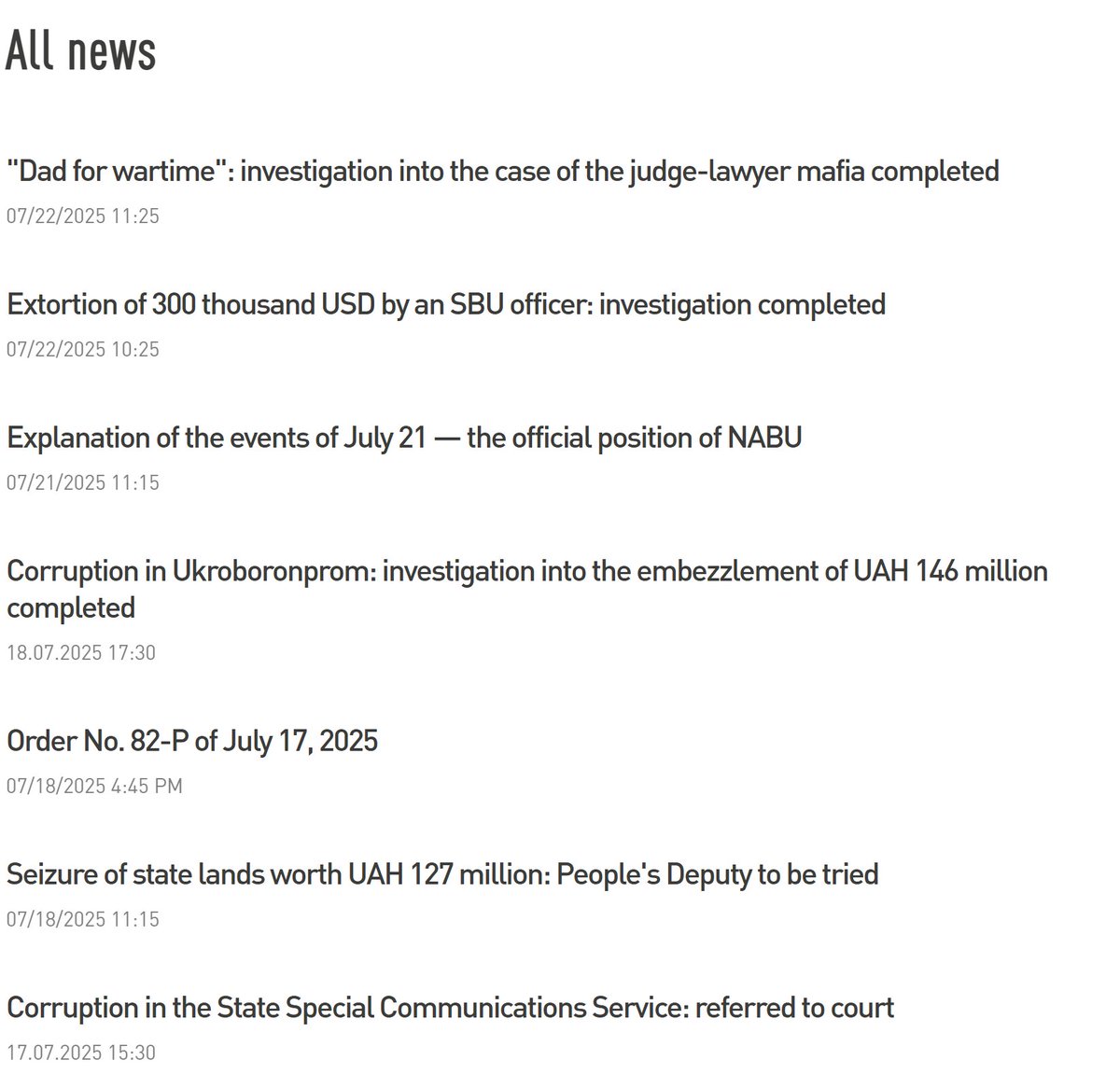
In June 2025, Deputy Prime Minister and Minister of National Unity Oleksiy Chernyshov was named a suspect in a major corruption case by NABU and SAPO. He is accused of facilitating a land undervaluation scheme in Kyiv that allegedly cost the state over ₴1 billion (approx. USD 24 million), receiving discounted apartments in return. While Chernyshov was on an official trip abroad when the charges surfaced, he returned to Ukraine and was later released on a ₴120 million (USD 2.9 million) bail. Despite the serious allegations and detention of two former aides, the court allowed him to remain in office under certain restrictions. Chernyshov denies wrongdoing and has pledged to cooperate with the investigation.
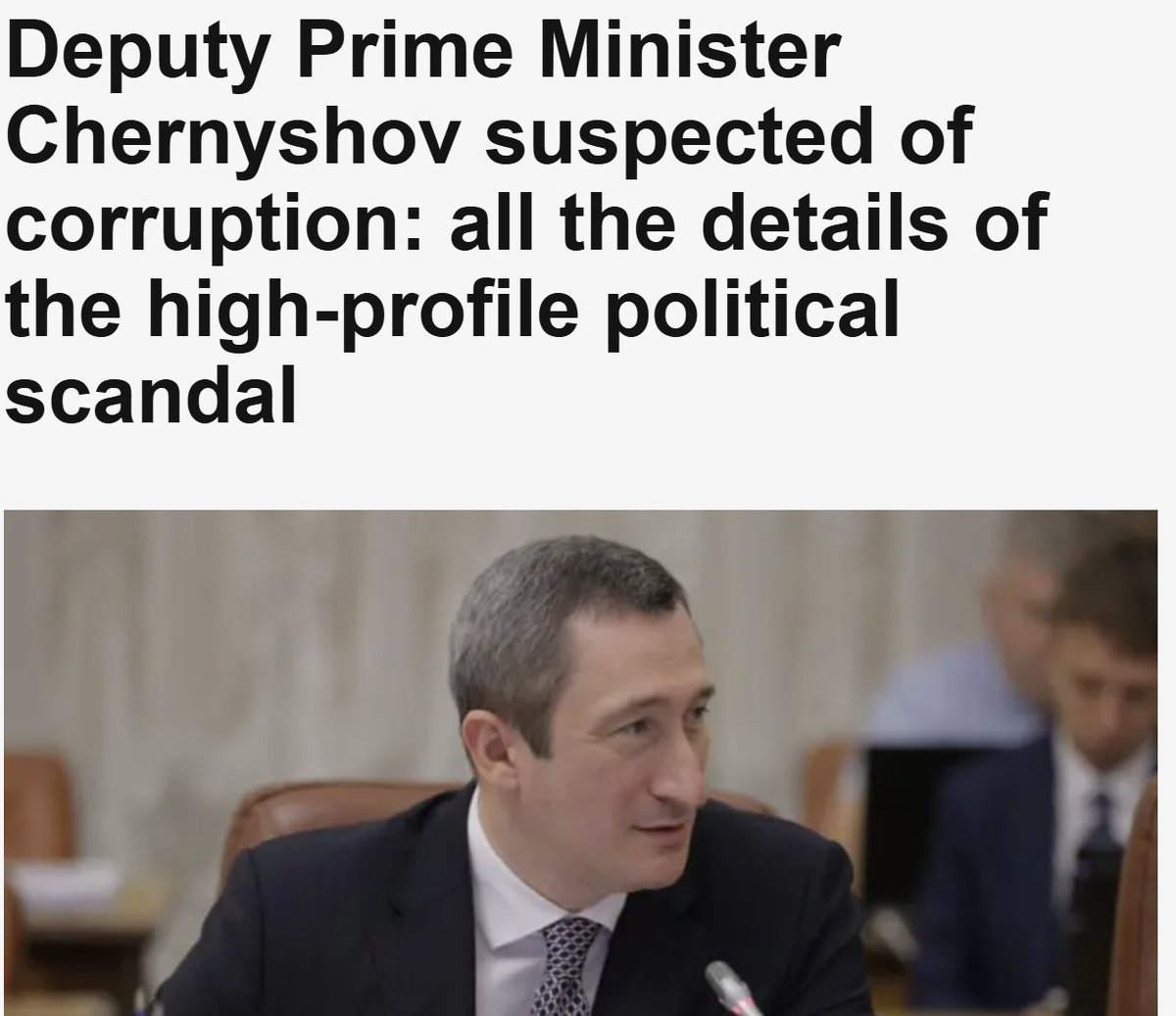
4. Today’s Voting (July 22, 2025)
On July 22, 2025, the Verkhovna Rada passed Bill №12414, which subordinates NABU and the Specialized Anti-Corruption Prosecutor’s Office (SAPO) to the Prosecutor General’s Office, granting powers to direct investigations, reassign cases, and close probes.
The vote saw:
- 263 in favor
- 13 against
- 13 abstaining
This followed SBU searches on July 21, 2025, targeting NABU officials, with accusations of Russian agents among them, including one official suspected of spying.
The bill, expedited through an unusual process, awaits President Volodymyr Zelenskyy’s signature or veto. Protests started in Kyiv and other major cities, accusing the government of undermining anti-corruption efforts.
On July 22, 2025, the Verkhovna Rada passed Bill №12414, which subordinates NABU and the Specialized Anti-Corruption Prosecutor’s Office (SAPO) to the Prosecutor General’s Office, granting powers to direct investigations, reassign cases, and close probes.
The vote saw:
- 263 in favor
- 13 against
- 13 abstaining
This followed SBU searches on July 21, 2025, targeting NABU officials, with accusations of Russian agents among them, including one official suspected of spying.
The bill, expedited through an unusual process, awaits President Volodymyr Zelenskyy’s signature or veto. Protests started in Kyiv and other major cities, accusing the government of undermining anti-corruption efforts.

5. Rumors About Zelenskyy’s Acceptance
President Zelenskyy has not yet signed Bill №12414, but rumors and unconfirmed reports suggest he may have already approved it. According to Member of Parliament Yaroslav Zheleznyak, the president has signed the bill, which would effectively dismantle NABU and SAPO’s independence. In the best-case scenario, Zelenskyy might refrain from signing to maintain a positive image, distancing himself from the decision. However, it’s difficult to believe he was unaware of the bill’s progression from the outset.
President Zelenskyy has not yet signed Bill №12414, but rumors and unconfirmed reports suggest he may have already approved it. According to Member of Parliament Yaroslav Zheleznyak, the president has signed the bill, which would effectively dismantle NABU and SAPO’s independence. In the best-case scenario, Zelenskyy might refrain from signing to maintain a positive image, distancing himself from the decision. However, it’s difficult to believe he was unaware of the bill’s progression from the outset.
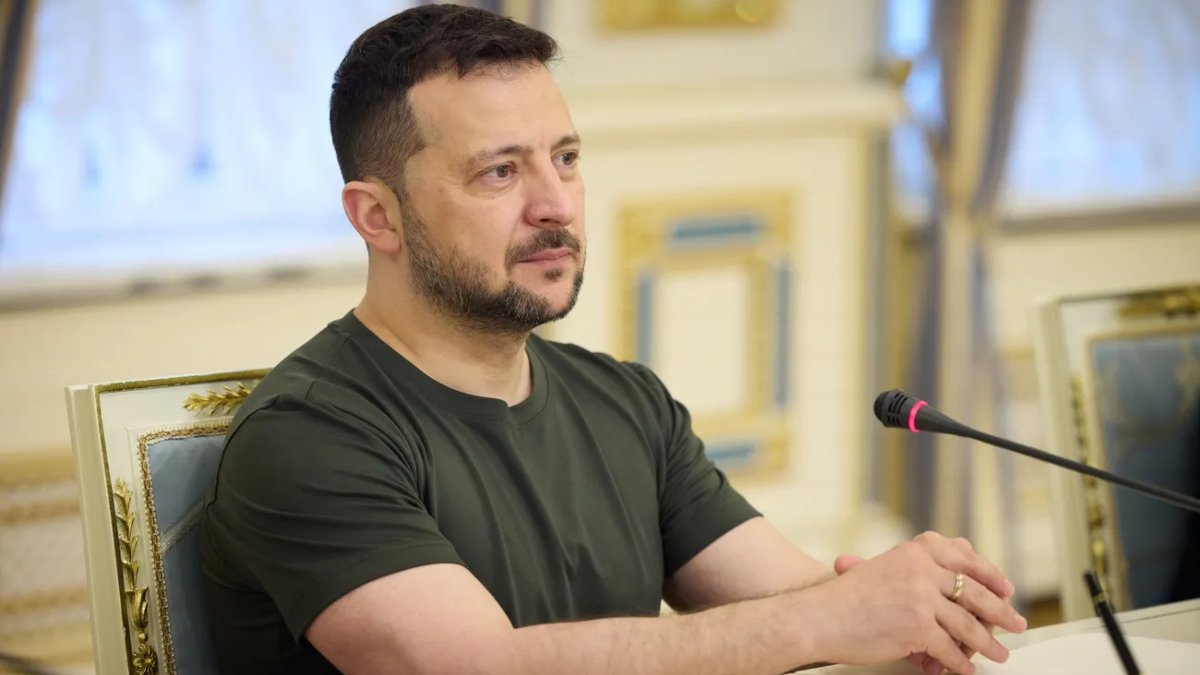
6. Conclusion
Ukraine’s robust democratic civil society has a history of fighting corruption, as evidenced by its success during the 2013-2014 Maidan uprising. However, Ukrainian civil society is currently focused on Ukraine's survival—supporting the fight against Russia through military service or aiding soldiers. The protests against Bill №12414, the first significant anti-government demonstrations since the full-scale invasion began, underscore public opposition to undermining anti-corruption efforts. While NABU may not have been perfect, its potential liquidation is undoubtedly a negative development. I hope President Zelenskyy and his government will heed the voices of Ukrainians before it’s too late.
Thanks for reading!
Ukraine’s robust democratic civil society has a history of fighting corruption, as evidenced by its success during the 2013-2014 Maidan uprising. However, Ukrainian civil society is currently focused on Ukraine's survival—supporting the fight against Russia through military service or aiding soldiers. The protests against Bill №12414, the first significant anti-government demonstrations since the full-scale invasion began, underscore public opposition to undermining anti-corruption efforts. While NABU may not have been perfect, its potential liquidation is undoubtedly a negative development. I hope President Zelenskyy and his government will heed the voices of Ukrainians before it’s too late.
Thanks for reading!
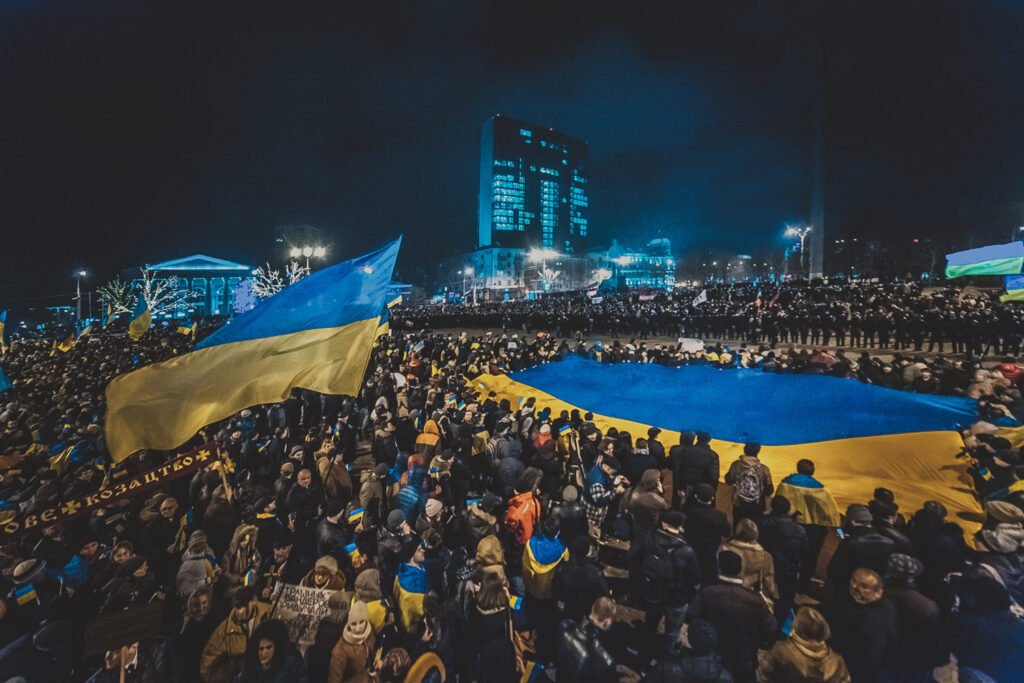
• • •
Missing some Tweet in this thread? You can try to
force a refresh




